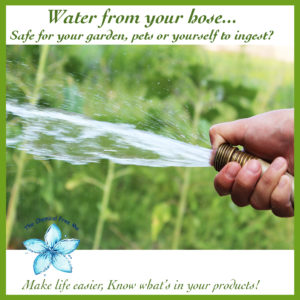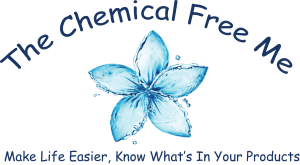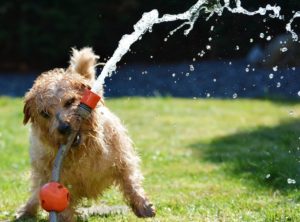When you picture summer images in your head you often picture a child drinking water spraying from a garden hose in that “relaxed, freedoms of summer” images we think of. Is this ever a good idea? 
Personally we don’t drink the tap water due to the fluoride and drug residue contents they all have. However, are there extra risks if it is coming from the hose? There are.
Aside from the obvious bacteria concept of older hoses there are issues with brand new hoses and drinking water. When tested all hoses contained phthalates. Which are chemicals that are added to PVC’s to keep them flexible. Phthalates are known to lower IQ’s, cause birth defects, reproductive harm and hormone imbalances. Some hoses contain bromine and antimony, which can lead to kidney and liver damage. BPA and lead are more unwelcome ingredients you may find in your garden hose. Lead has been known to lower IQ’s. In addition to the plastic portion of the hose, there is the metal end. Metal ends of hoses do not have the same guidelines as faucets. Often outdoor faucets are brass and contain lead. When possible, nickel is a safer choice over brass.
Some hoses are labeled to be “drink safe” but bacteria can still be growing in the sitting water of that hose.
The sun and temperature also play a role. Much like you shouldn’t drink from plastic water bottles that are heated in the car, your hose will also leach more BPA when heated. Store your hose in the shade or in a shed when possible.
Last, don’t forget about your garden! If you are using that same hose to water your organic garden you may be spraying your fruits and veggies with BPA, lead and phthalates. If you don’t have a rubber or polyurethane hose you may want to think about replacing it.

